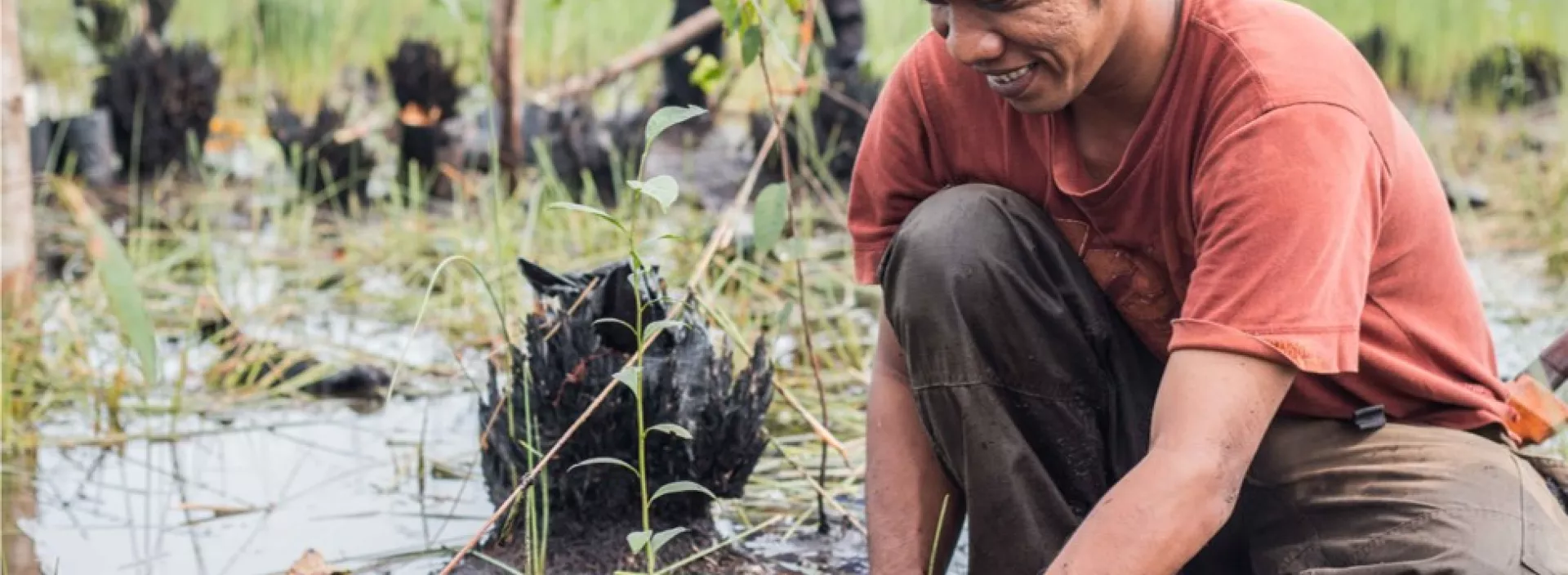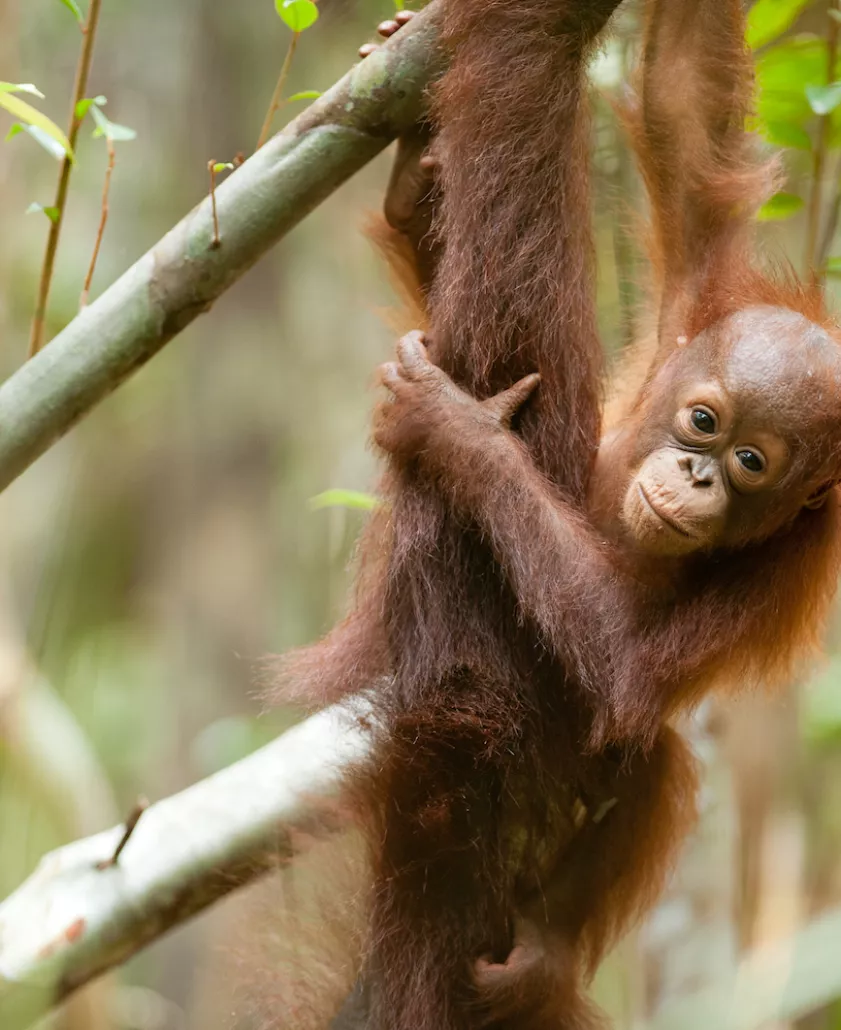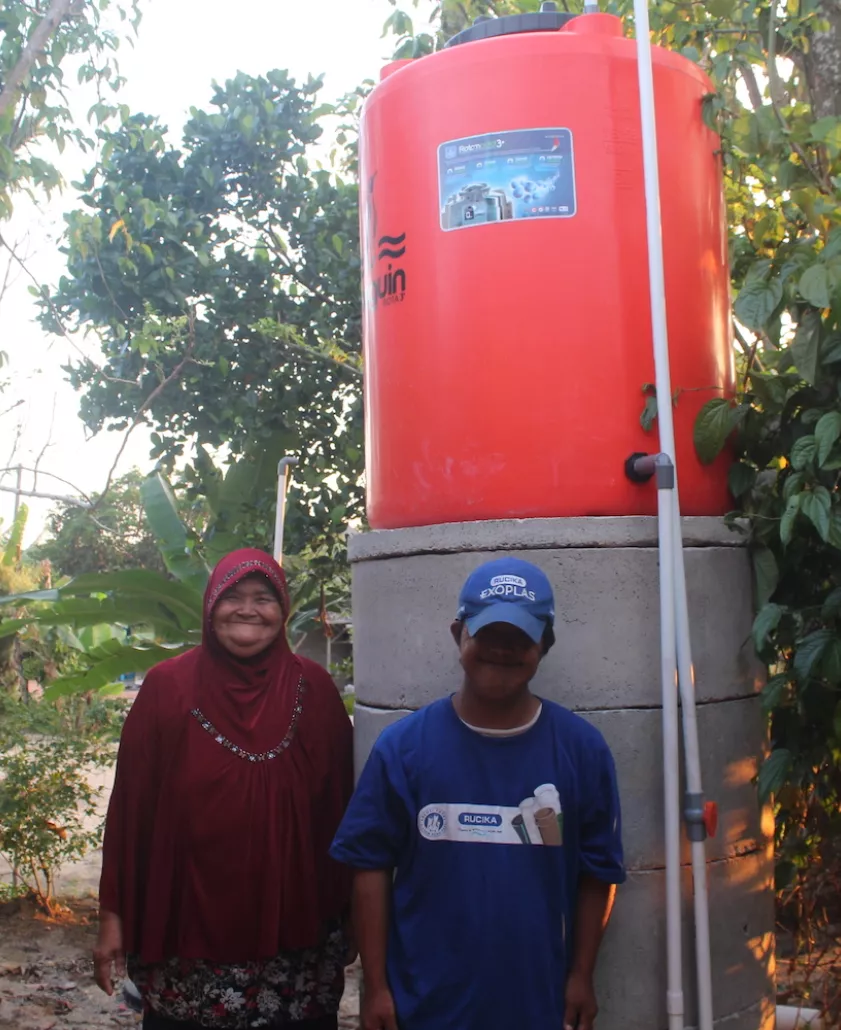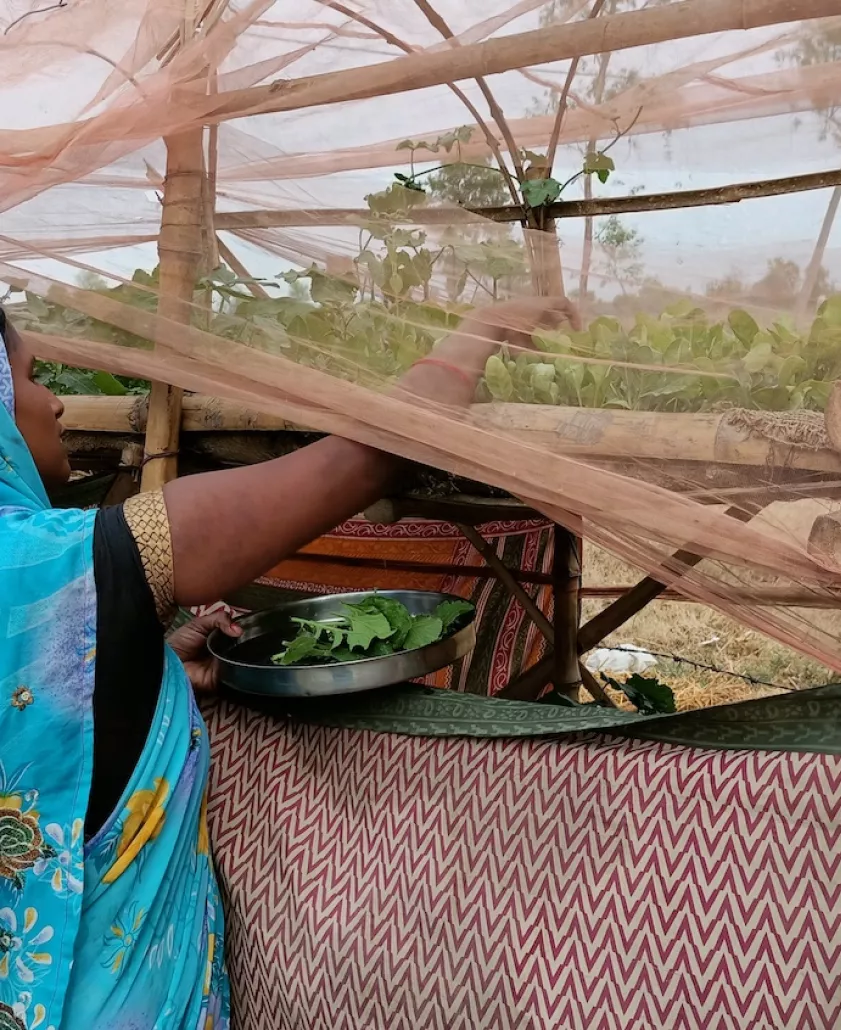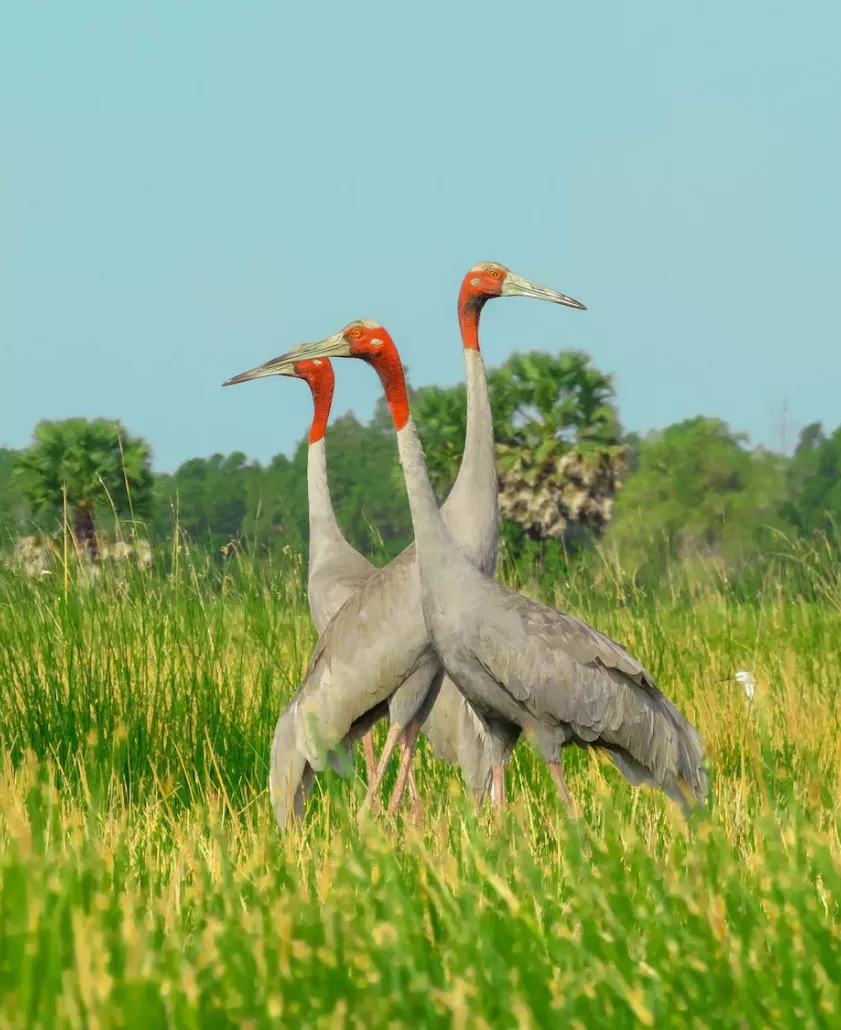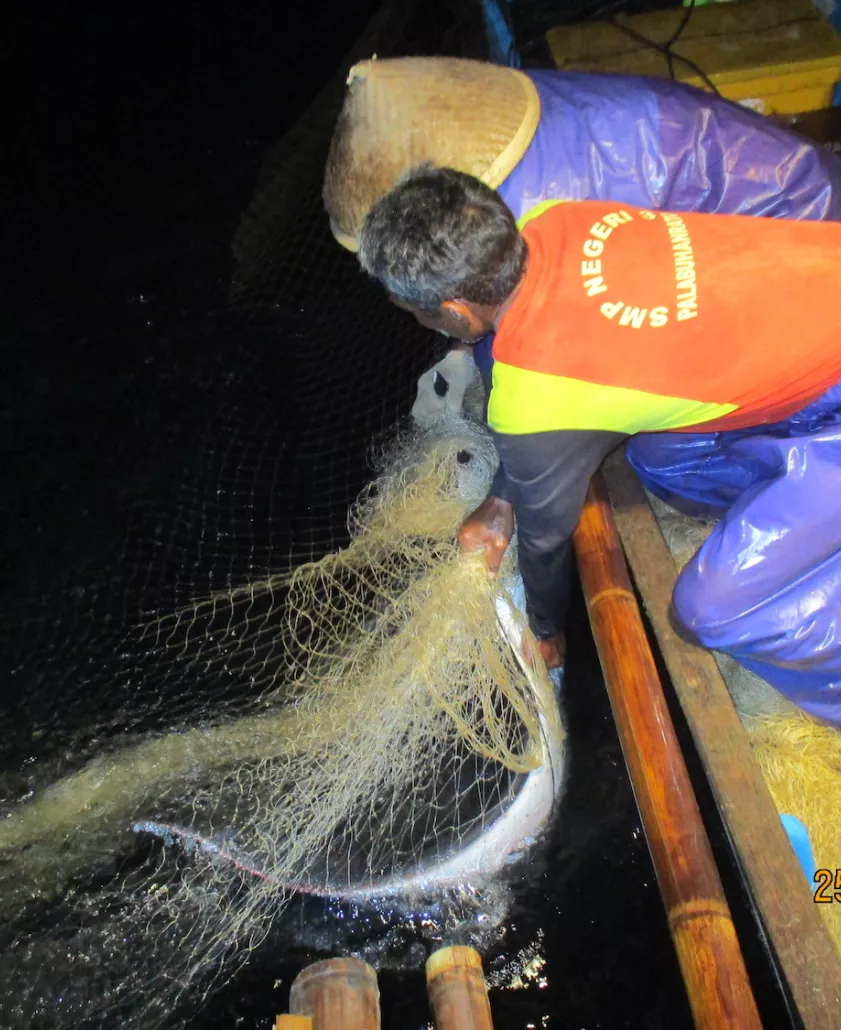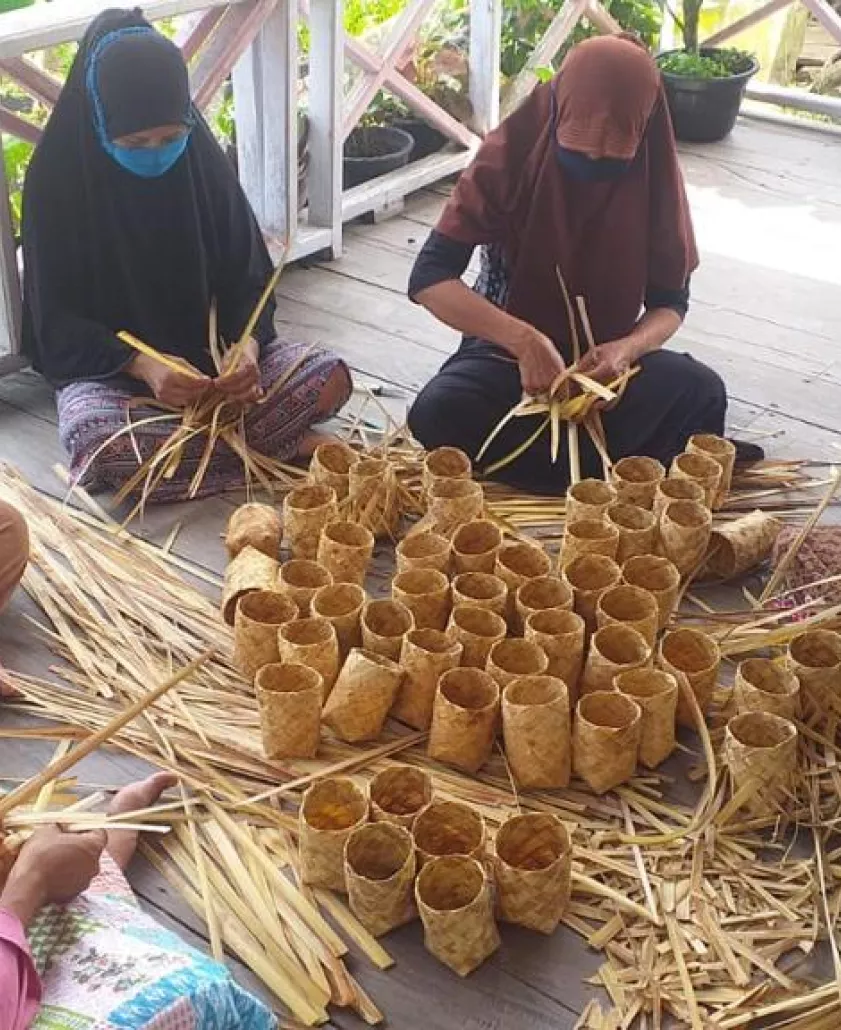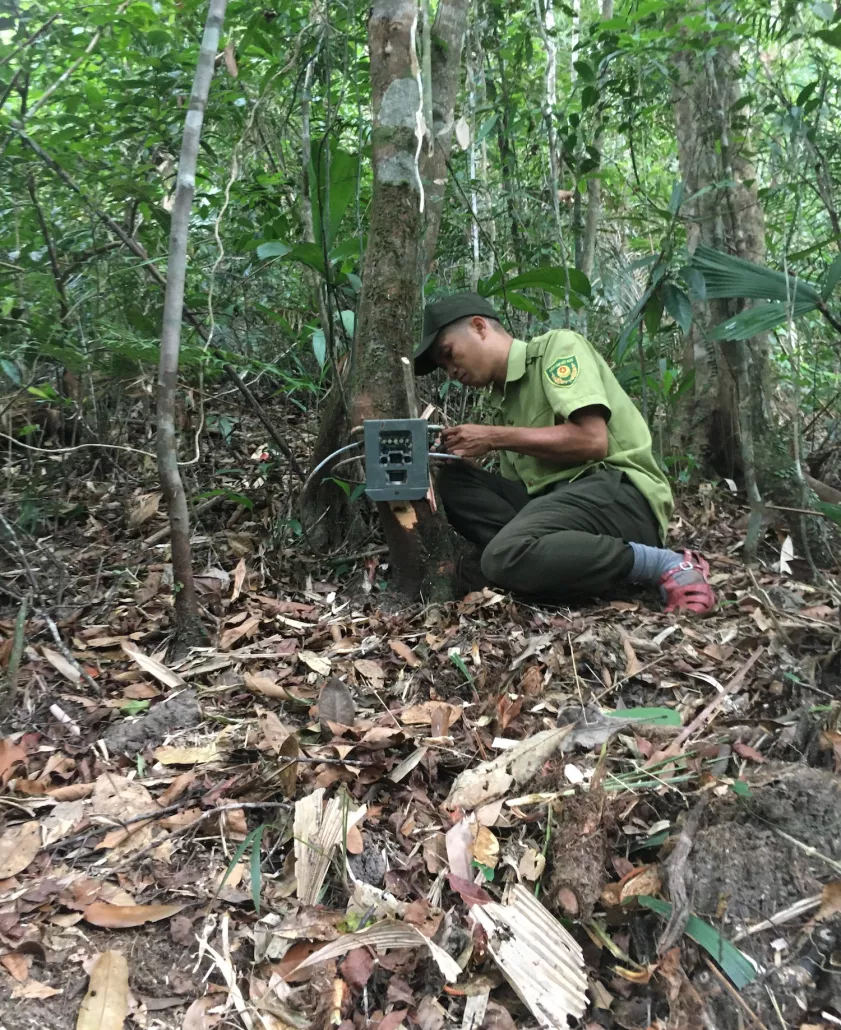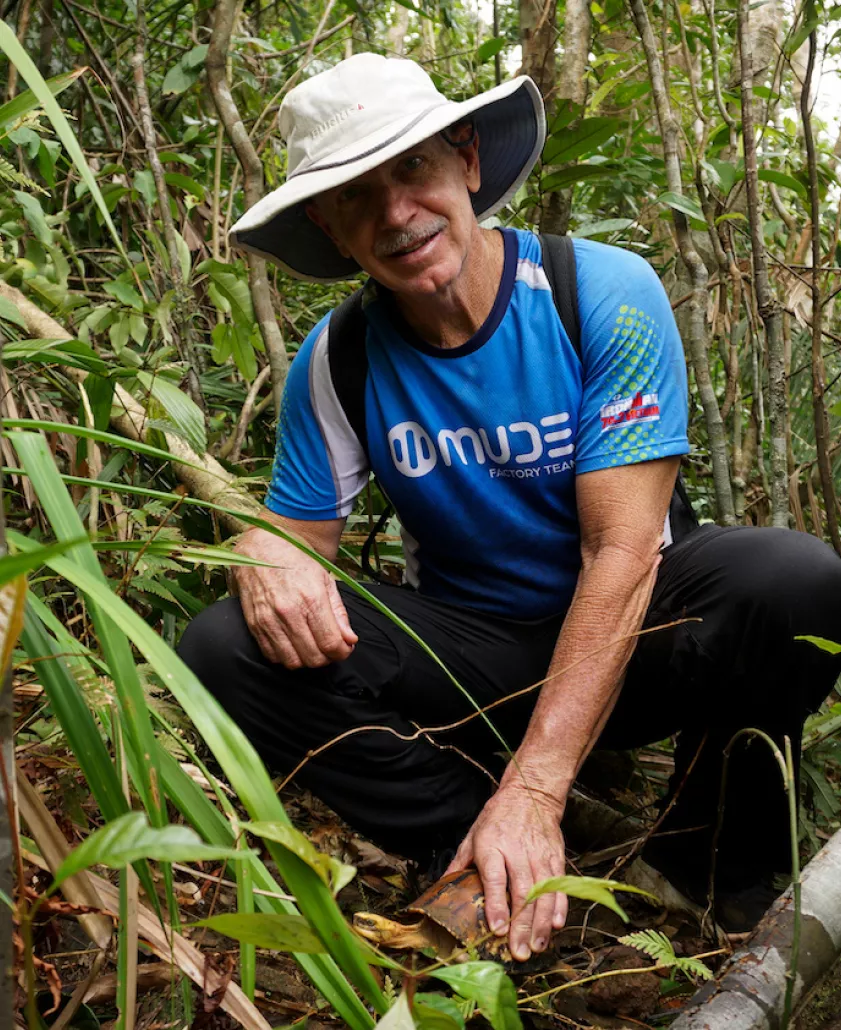Launched in the midst of a pandemic, the Greater Good Grants (GGG) is a way to step up and uncover opportunities to extend help to communities and natural environments that need it the most.
Stemming from a belief that all businesses have a duty to do their part for society, GGG funds projects that benefit local communities and natural environments in countries where the Group operates.
Building on our commitment to sustainable development, we offer annual grants to individuals or organisations that align with the Banyan Tree Global Foundation (BTGF) global framework within a local context to support measureable impact and progress towards larger regional or global frameworks such as the Sustainable Development Goals to help people and the planet.
Projects that do not meet the eligibility criteria, or unsolicited proposals outside of this funding call shall not be considered unless they are for urgent humanitarian need.
Due to the volume of applications, we cannot provide clarification on individual projects.
What we fund
All projects should be innovative and impactful, aligned with one or more of our six focal areas, and conducted within countries where Banyan Tree Hotels and Resorts operate.
Projects must have a demonstrated need and urgency; should leverage local, regional and national partnerships necessary to deliver measurable impact, and shall be scalable with clear evaluation of success.
All projects must uphold the highest standards of ethical behaviour, honesty, fairness and transparency.
Who we fund
Organisation affiliation is required to receive and administer the grant, grants will not be paid to personal bank accounts. NGO’s and international NGOs must demonstrate registration to operate in project county(s). At this time, we will not consider grant requests from government representatives; but they may be included as project partners to ensure project success.
Meeting the above criteria, Principle Investigators over the age of 18 at any level who have suitable skills and demonstrated experience are welcome to apply. Local collaboration is required if your project is outside of your home country. The Principle Investigator may only be recipient of a single grant at a time, but an organisation may have multiple projects if led by different investigators. Existing project recipients must have submitted their final report before being eligible for another grant.
The individual responsible for carrying out the project must apply and write the application: others may not submit in the name of the Principle Investigator. Individuals are required to consult a tax professional should taxes apply.
Our 2023 call for proposals is now closed. Applicants shall be informed of outcomes in December 2022. Unsolicited proposals will not be considered at this time. Our next funding call deadline will be September 30, 2023.
